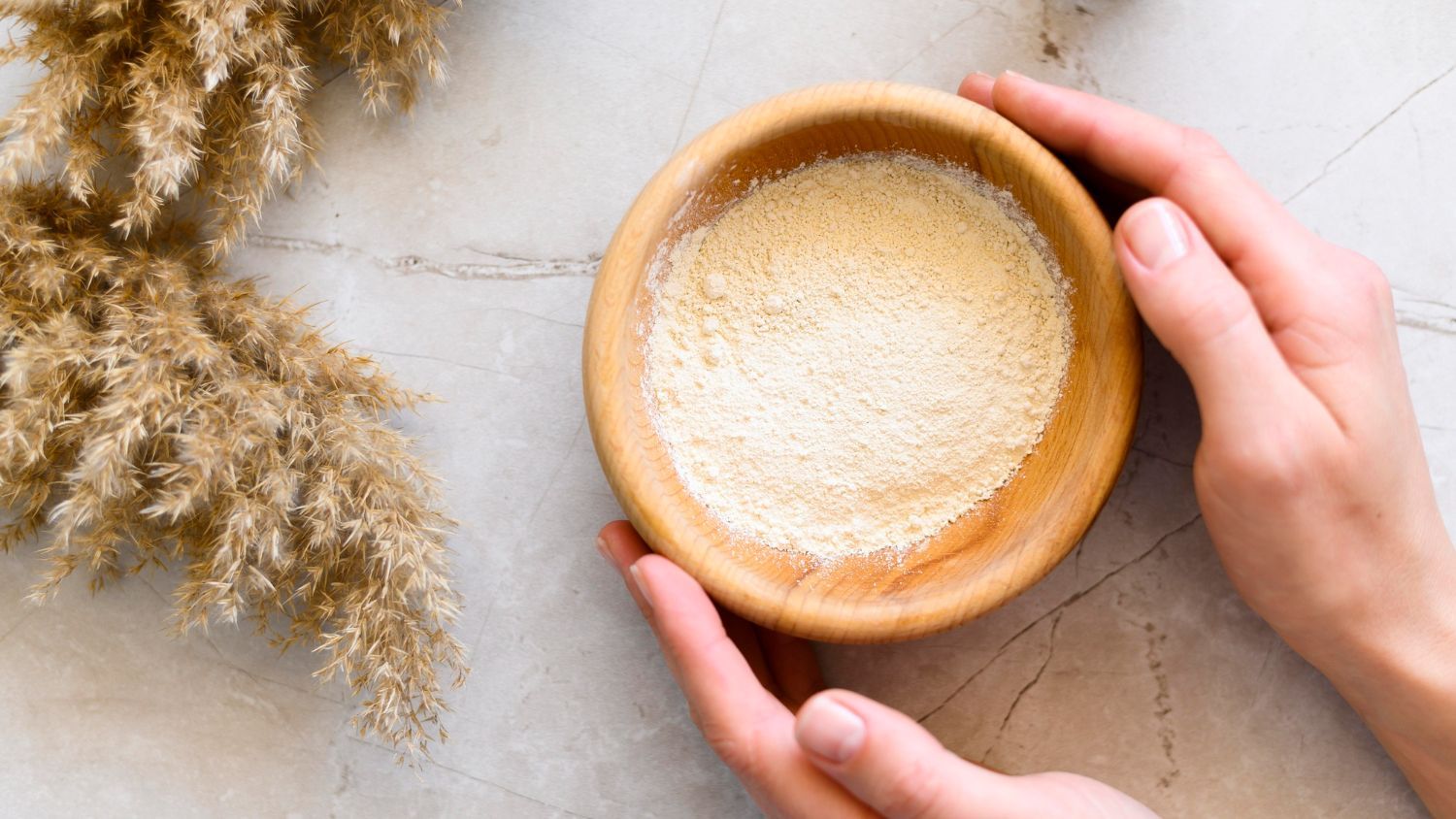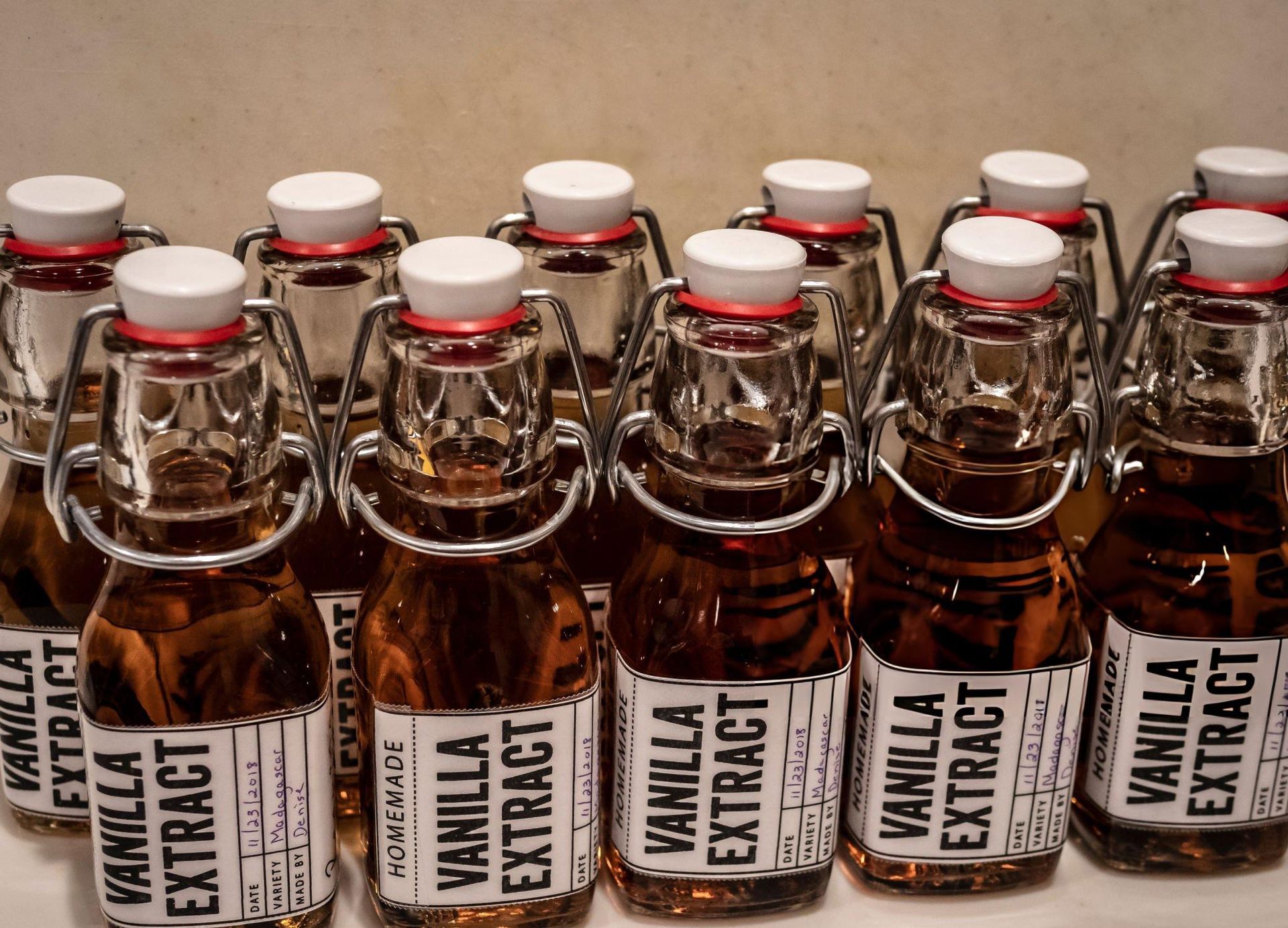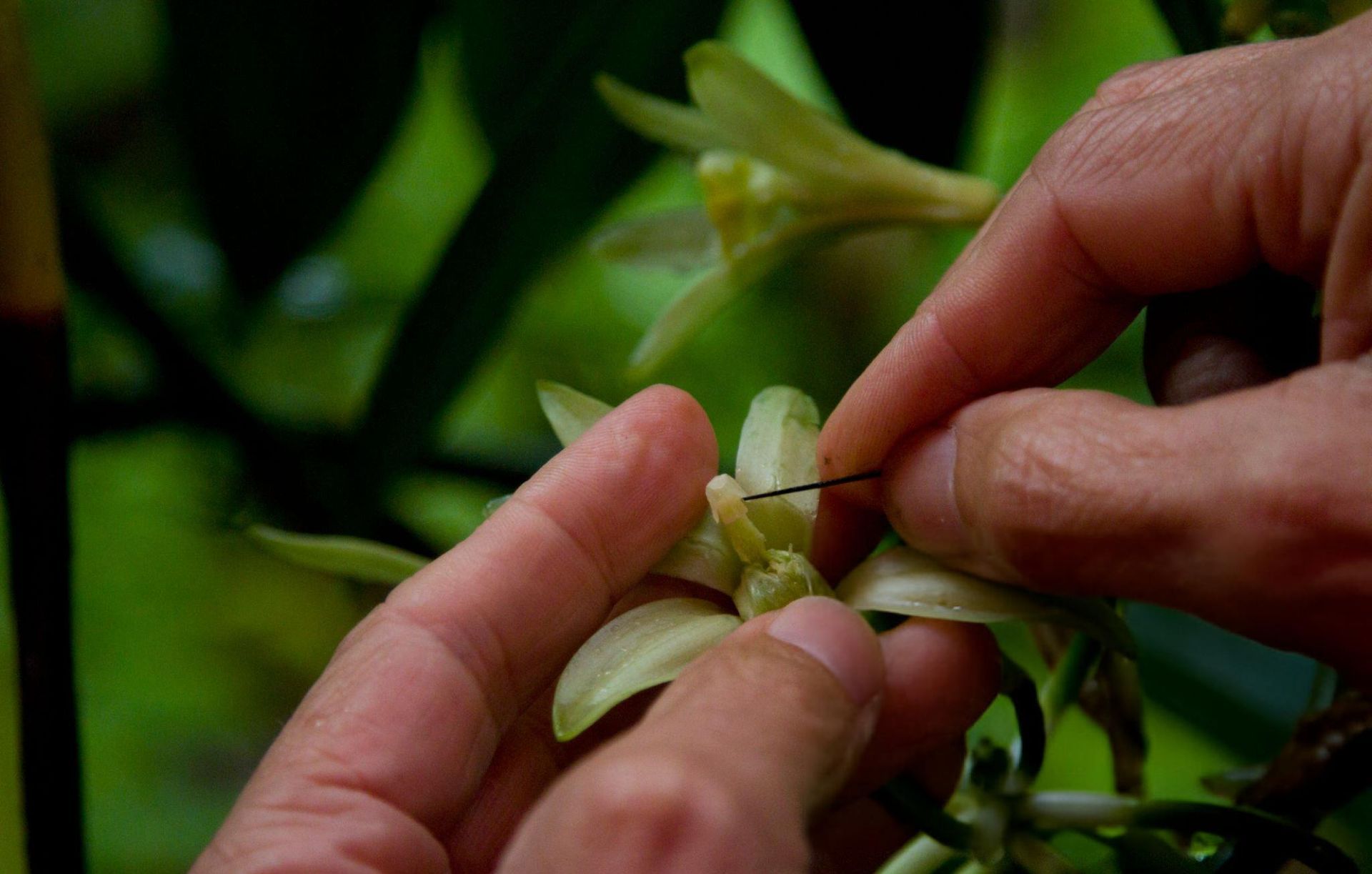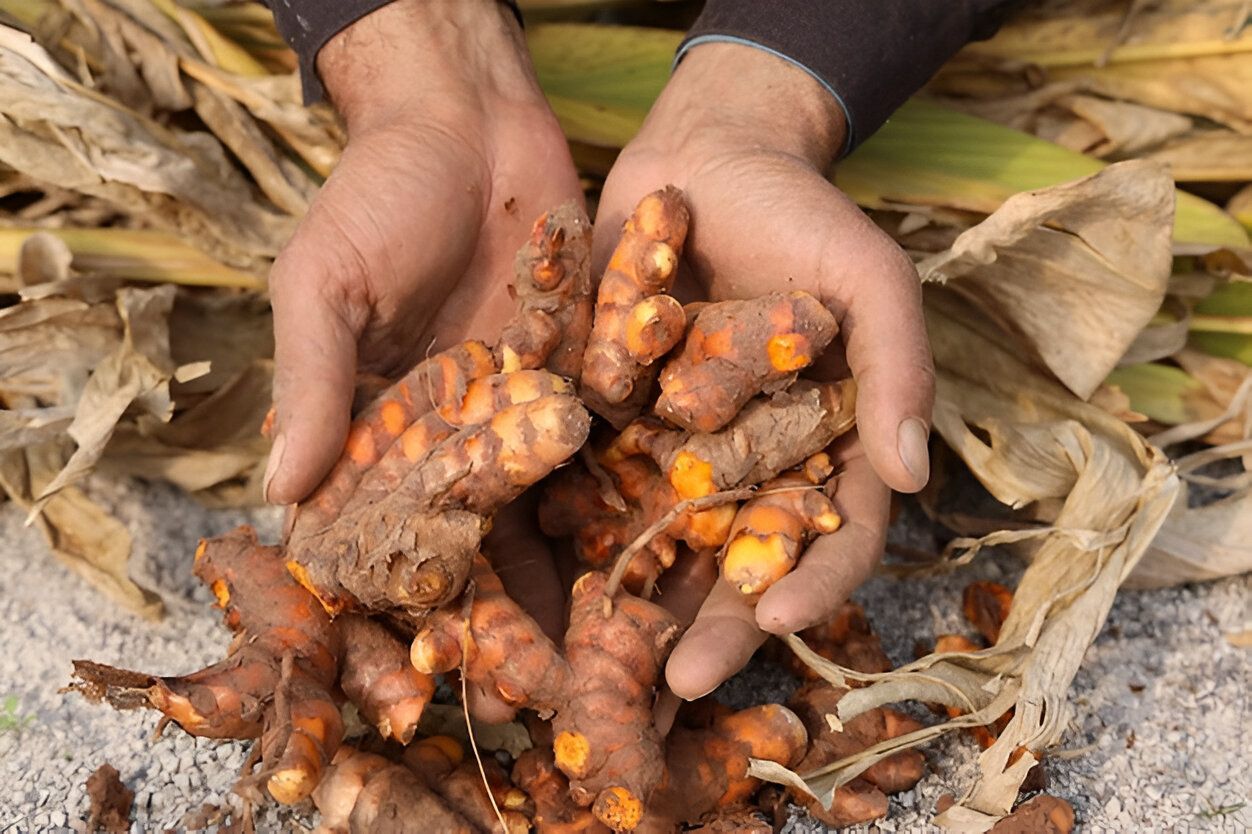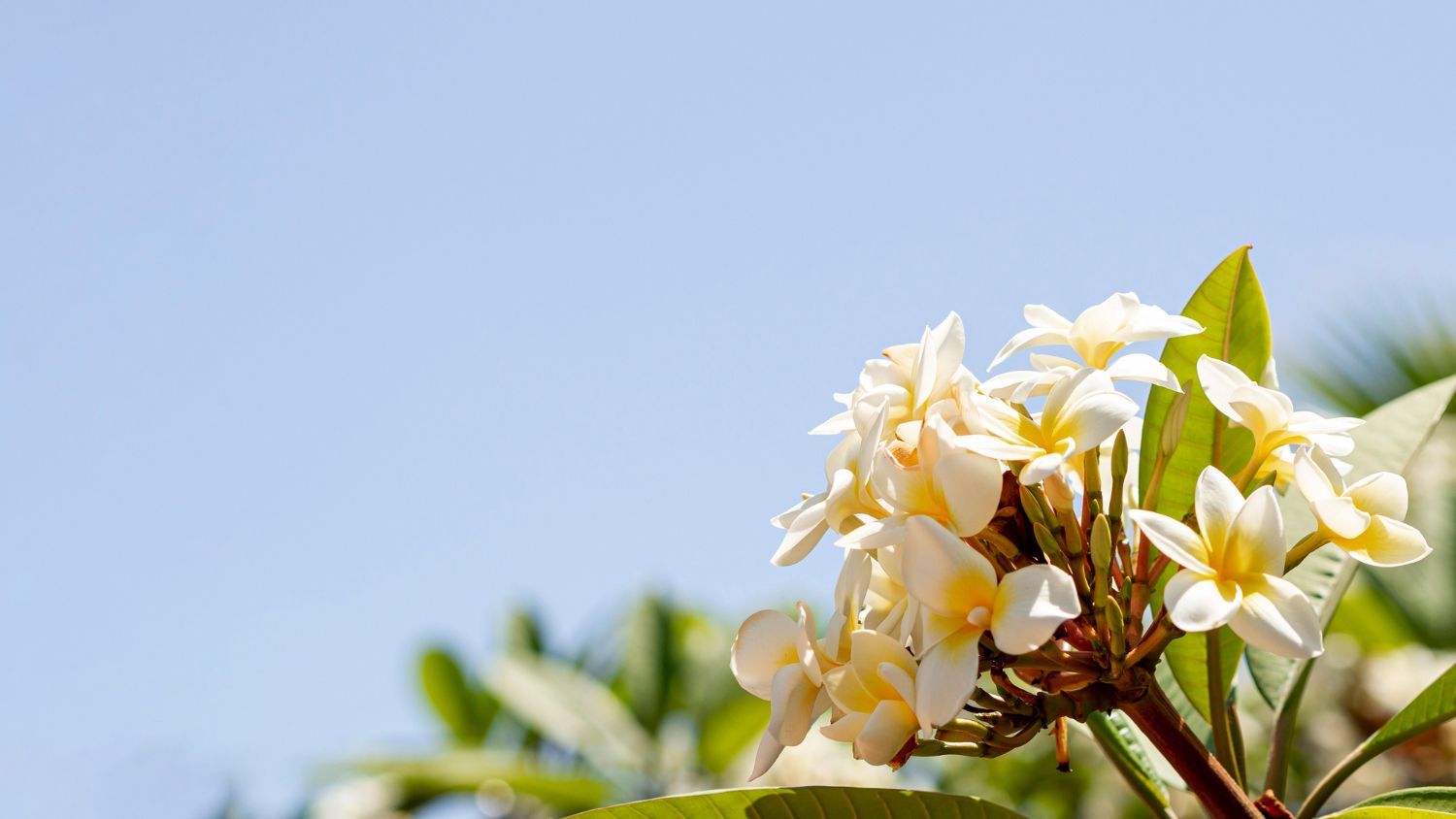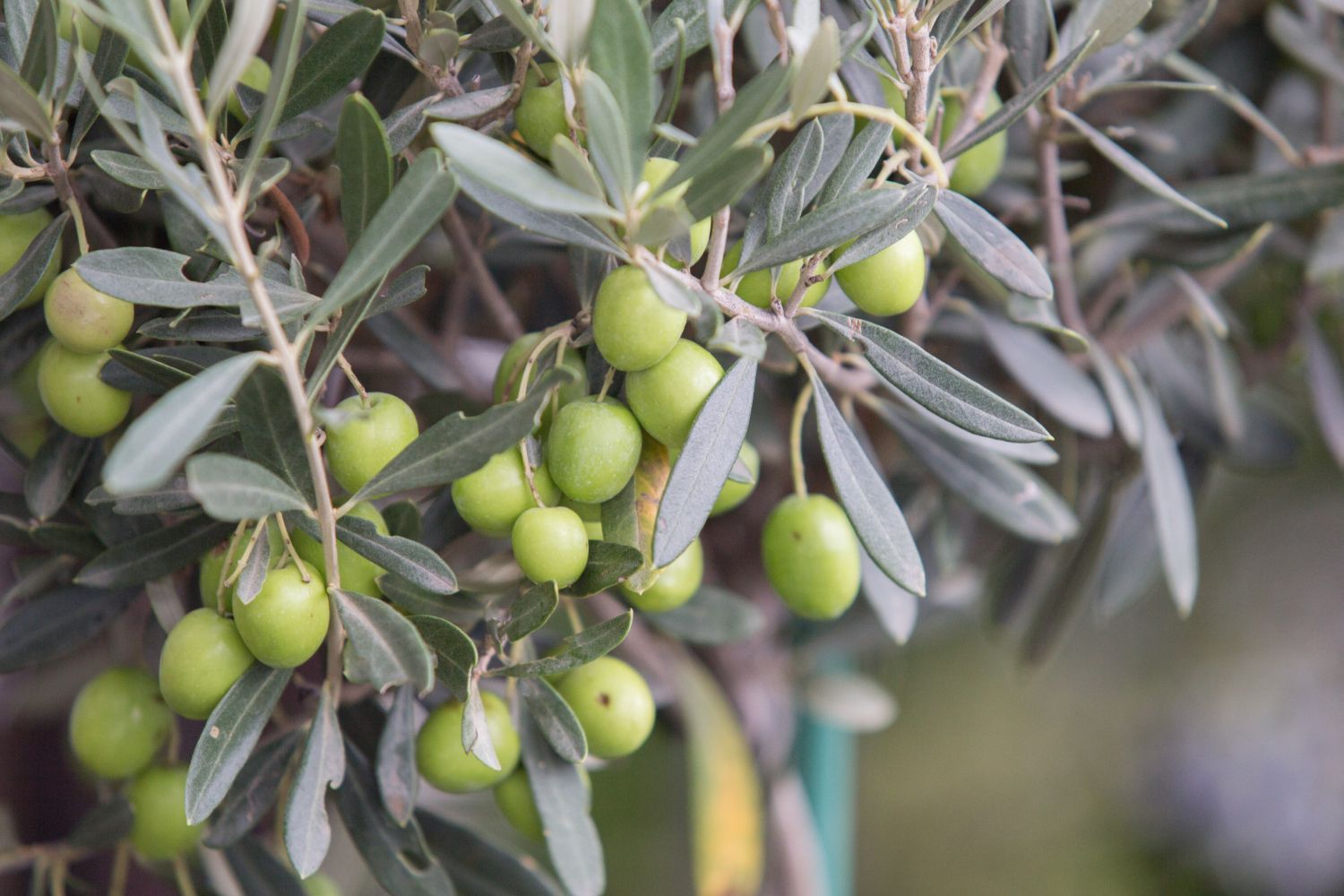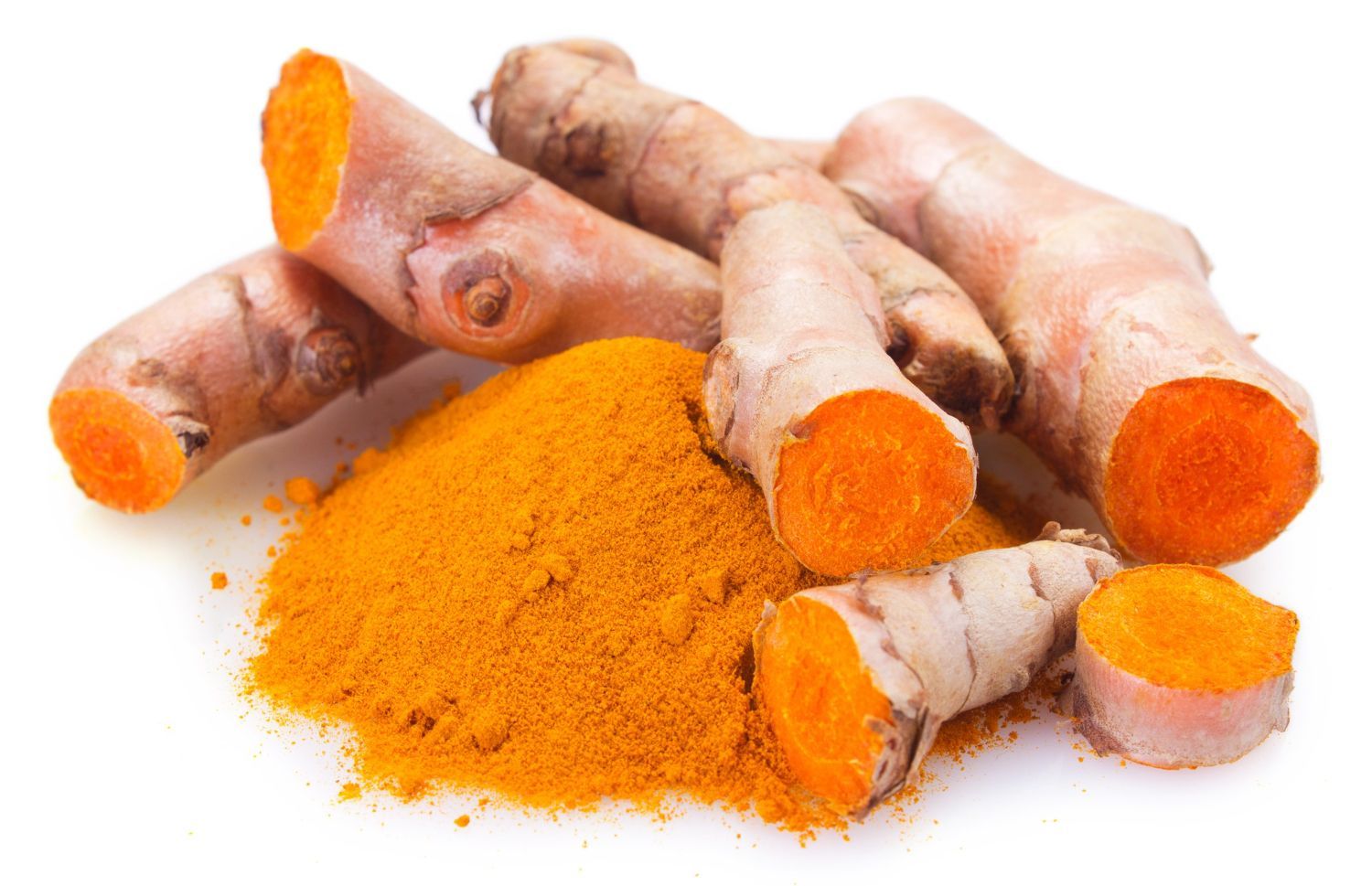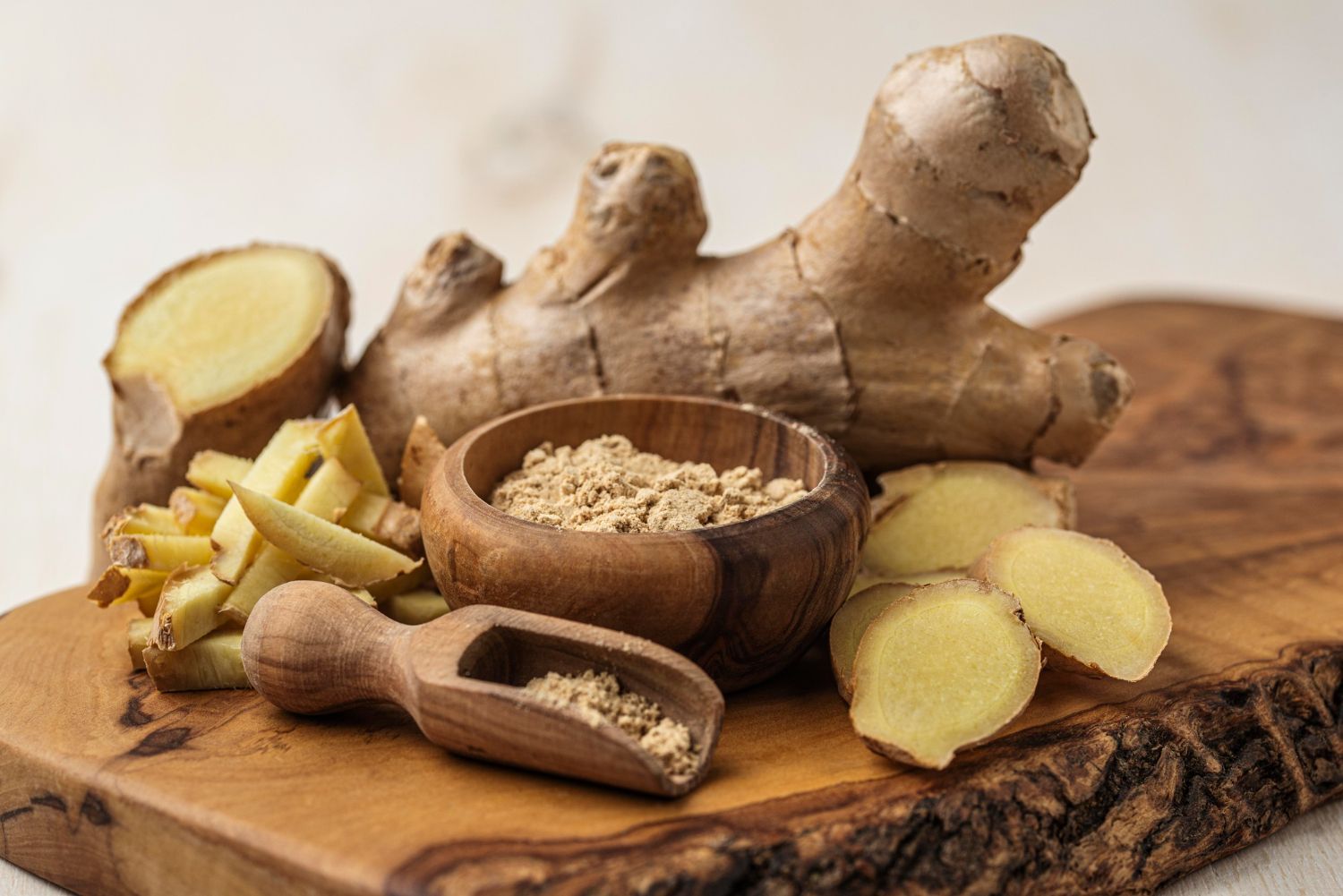When turmeric leaves start turning yellow, it can be quite a surprise for any grower. For turmeric farmers in Florida, understanding why this happens is crucial for maintaining healthy crops. Yellow leaves can be a sign of several underlying issues that need attention. Keeping your plants vibrant not only ensures a thriving harvest but also supports the overall health of your turmeric crop.
Addressing the cause of yellowing leaves can make a huge difference. In Florida, where the climate ranges from warm to hot, various factors like water levels, soil quality, and pest activity play roles in leaf coloration. Recognizing and tackling these issues promptly can help save your crop from further damage, ensuring your plants remain robust and fruitful.
Common Causes of Yellowing Turmeric Leaves
There are several reasons why turmeric leaves might start to yellow. Identifying the root cause is essential for effective treatment. Here are some of the most common issues:
- Overwatering and Poor Drainage:
Turmeric requires moist, well-drained soil, but too much water can cause trouble. When excess water doesn't drain properly, roots can become waterlogged, leading to yellow leaves. This is often seen during the rainy summer months in Florida when the soil might not dry out completely between watering sessions.
- Nutrient Deficiencies:
Just like people, plants need certain nutrients to stay healthy. With turmeric, a lack of nitrogen or magnesium can make leaves lose their bright green color. This usually shows up as a gradual yellowing from the edges of the leaves inward.
- Pest Infestations: Tiny pests like aphids and spider mites love to munch on turmeric leaves. Their feeding can lead to yellow spots and weaken the plant over time. Keep an eye out for these tiny invaders and any visible damage they leave behind.
- Fungal Infections:
Fungi can thrive in Florida's humid environment, causing diseases like root rot or leaf spot. These infections can manifest as yellow patches on leaves, spreading quickly if not addressed. Early detection and treatment are vital to saving infected plants.
Identifying these issues and understanding their impact can guide you to take corrective action. Whether adjusting watering routines, adding the right fertilizers, or using appropriate pest control measures, knowing what's wrong is half the battle. With this knowledge, turmeric farmers in Florida can protect their crops from further damage and promote healthier growth.
Identifying And Diagnosing The Problem
Understanding why turmeric leaves are turning yellow involves a bit of detective work. Start by closely inspecting the affected leaves, checking for any spots or patterns that might indicate a specific issue. This thorough examination helps in recognizing pests or disease signs early on. Once you've taken a good look at the leaves, it's time to test the soil. Checking soil nutrient levels will give insight into whether deficiencies are contributing to the yellowing.
Next, be sure to review your watering habits. Feel the soil and observe how it retains moisture. If the ground seems too soggy, poor drainage could be a factor. It's essential to adjust watering to avoid drowning the roots, which may lead to leaf discoloration. Keep an eye out for any pests crawling under leaves or on the soil surface, as their presence could signal the need for specific interventions.
Effective Solutions And Treatments
Solving the problem begins with tailored actions based on the identified cause. If your investigation hints at overwatering, improving drainage can work wonders. You might want to consider using raised beds or incorporating sandy soil to facilitate better water flow. By ensuring that excess water escapes and the soil doesn’t stay damp, roots receive the oxygen they need.
Should soil testing reveal nutrient deficiencies, applying the appropriate fertilizer becomes vital. For instance, a balanced fertilizer might help if nitrogen is low. Opt for natural or slow-release options to give your plants a steady supply of nutrients over time.
When dealing with pesky aphids or spider mites, natural pest control methods work best. Introducing beneficial insects like ladybugs can naturally reduce pest populations without harming your turmeric plants. If fungal infections are suspected, exploring organic fungicide treatments can halt disease spread. Always follow safe application practices to protect both your plants and the environment.
Preventative Measures For Healthy Turmeric Plants
Preventative care keeps turmeric plants thriving, setting them up for success. Regular inspections of both plants and soil can catch potential problems before they escalate. Look for changes in leaf coloration, new pest activity, or shifts in soil quality.
Creating an environment suitable for turmeric involves several factors. Providing the right amount of sunlight while ensuring the soil is loose and rich in organic material can greatly contribute to plant health. In Florida's varying climate, consider planting adjustments, like shade during intense sunlight or additional watering in dry spells, to fit local conditions.
Engaging in crop rotation is an effective way to maintain soil health. By changing the crops grown in a particular area, you reduce the risk of soil depletion and disease spread, fostering a healthier environment for the plants.
Ensuring A Bountiful Turmeric Harvest In Florida
Reflecting on these practices helps secure a successful turmeric harvest. You’ve learned how to diagnose, treat, and prevent yellowing leaves, creating an adaptive care routine. By staying attentive, you keep your plants in top shape year-round.
As you nurture your turmeric crop, the satisfaction of seeing healthy, vibrant leaves unfurl is reward enough. Through attentive care and timely interventions, you're well on your way to enjoying a generous harvest. Happy growing!
For turmeric farmers in Florida aiming to enhance their crop's vitality, taking all the necessary precautions and addressing problems promptly is key. If you're interested in expanding your turmeric venture or looking for more planting options, check out Sunshine State Vanilla's offerings, like their locally grown turmeric plants. Learn more about
turmeric farmers in Florida and discover effective ways to grow this beneficial crop successfully.


